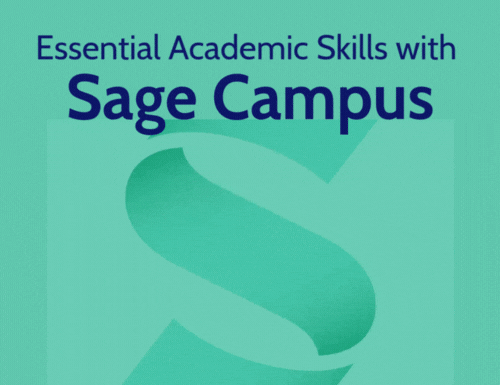Voices of 20th Century Education
- NIE Library
- Nov 28, 2023
- 3 min read
The Times Educational Supplement Historical Archive is an archive of nearly a century of news and commentary on primary and secondary education by the well-regarded Times Educational Supplement (TES).
A Newspaper for Teachers
First published on September 6, 1910, TES started as a pull-out supplement in the The Times newspaper for teachers with a focus on advocating for educational reform. It eventually morphed into a standalone, weekly publication in 1914. Over the years, it has become a well-known publication on public policy and pedagogical practice not just in the UK, but worldwide.
Containing contributions from the world’s leading writers, critics, and thinkers, TES is a rich resource on educational trends, policy, debates and perspectives on education from the 20th century through to the present.

TES still exists today with an active website.
Full and Unredacted 20th Century Content
The archive contains:
Every issue published in the 20th century (from Sep 6, 1910 to Dec 29, 2000)
Over 4,300 digitised issues
Approximately 250,000 pages
Featuring cover to cover scans of complete issues, the archive contains not only news articles, but also editorials, classified ads, classroom activities, short narratives and more. Besides regular issues, supplements, inserts, special issues, and pages from the Scottish and Irish editions of TES are included in the database as well.

TES Historical Archive database
Multidisciplinary Content
TES’ content focus is on educational methods and issues affecting education. Given that societal factors influence education, the archive also covers topics on social history, public health, literature, the rise of technology and its impact on learning, funding for education and other relevant issues.
Since its inception in 1910, TES chronicles transformations in the education space in the 20th century, including the impact of 20th century society, two world wars, the Cold War and reforms by British governments on educational systems and various educational topics.
Despite its English origin, TES also contained coverage on educational systems and issues from the US, Canada and around the world.
This diverse scope makes the archive relevant for research in areas such as education policy, educational psychology, literacy, history of education, gender and women’s studies, humanities, postcolonialism, sociology and more.
A Gale Primary Sources Collection
The TES Archive is part of a rich collection of newspaper archives from Gale, including Financial Times, International Herald Tribune, the Times Literary Supplement, and the Sunday Times.
All articles in the TES can be viewed as scanned images or in plain text using the Optical Character Recognition (OCR) function. This enables articles in the database to be searched using keywords. Articles and even the entire page of an issue can be downloaded in PDF or plain text format.

Viewing article text using OCR and downloading as OCR/HTR file
Besides searching within the TES Archive, users can cross-search other Gale Primary Sources collections available in NIE simultaneously using the “Broaden Your Search” function. This gives users more comprehensive search results.

"Broaden Your Search" to include all Gale Primary Sources collections
Compatible with Gale Digital Scholar Lab
The TES content, as part of the Gale Primary Sources collection, is designed to work seamlessly with the Gale Digital Scholar Lab. This integration allows users to apply various data mining tools available in the Digital Scholar Lab, a cloud-based platform offered by Gale. The Lab specialises in providing digital humanities tools for both qualitative and quantitative analysis of OCR text data sourced from Gale's Primary Sources collections.

Gale Digital Scholar Lab platform
As most of Gale’s archival collections are text-mineable, digital humanities scholars can:
Curate documents from the TES Archive to build content sets for analysis
Create and test configurations to clean a content set, for e.g. target character removal and stop words application
Select tools for quantitative and/or qualitative analysis of text: document clustering, named entity recognition (NER), ngrams, parts of speech tagger, sentiment analysis, topic modelling

Gale Primary Sources: The Times Educational Supplement Historical Archive is accessible from the Library Portal via the List of Databases (under G).




Comments